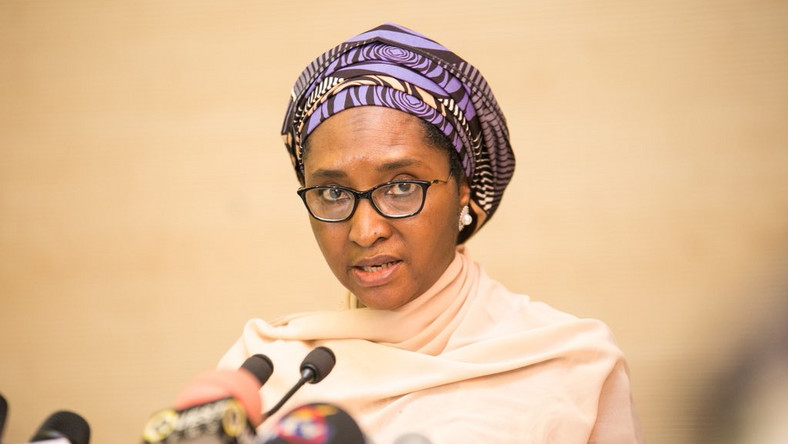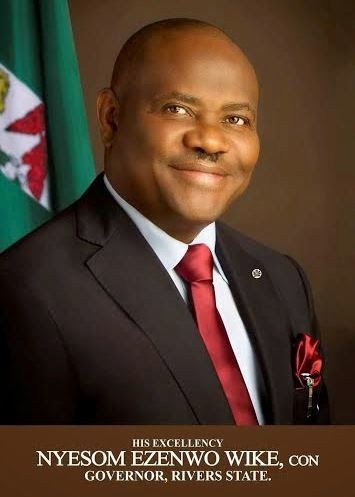Zainab Ahmed, the minister of finance, budget, and national planning, announced that the deficit in the 2023 fiscal year is expected to range between N11.30 trillion and N12.41 trillion, which has estimates totalling N19.76 trillion.
Ahmed, in her presentation to the House of Representatives Committee on Finance at the hearing on the proposed 2023-2025 Medium Term Expenditure Framework and Fiscal Strategy Paper, pointed out that crude oil production challenges and PMS subsidy deductions by the Nigerian National Petroleum Company Limited (formerly Nigerian National Petroleum Corporation) constitute a major threat to the country’s revenue growth targets.
She bemoaned the possibility that the government might not be able to fund treasury-funded capital projects the following year due in part to declining tax revenues and the payment of subsidies on Premium Motor Spirit, more commonly known as gasoline.
Ahmed further stated that bold, decisive and urgent action must be taken to address revenue underperformance and expenditure efficiency at the national and sub-national levels.
In the first scenario, the minister claims that the government’s predicted revenue for 2023 is N6.34 trillion, of which only N373.17 billion is anticipated to come from sources related to oil, with the remaining N5.97 trillion coming from non-oil sources.
In the second scenario, Ahmed said, “In addition to subsidy reform, this scenario assumes an aggregate implementation of the cost-to-income limit of Government Owned Companies. With these, the 2023 FGN revenue is projected at N8.46tn out of which N.99tn or 23 per cent is projected to come from oil revenue sources.”
She pointed out that the reform scenario assumes that petrol subsidies will continue up to mid-2023 based on the 18-month extension announced in early 2021, in which case only N3.6tn will be provided. The business-as-usual scenario assumes that PMS subsidies, which are estimated to be N6.7tn for a full year, will remain in 2023 and be fully provided for.
Regarding the fundamental presumptions of the proposed 2023 budget, Ahmed stated that the benchmark oil price is estimated to be $70 per barrel, with a benchmark oil production benchmark of 1.69 million litres per day, an exchange rate of N435.02 to the dollar, and an inflation expectation of 17.16%.
According to the minister, the GDP is projected to increase by 3.75 per cent, but there will be upward pressure on prices due to the war in Russia and Ukraine, domestic unrest, rising import costs, exchange rate depreciation, and other supply-side constraints, as well as the immediate and lag effects of the global price surge.
James Faleke, the chairman of the committee on finance, emphasised that given the nation’s current financial circumstances, all of the government’s studied revenue streams were insufficient.
Every element of the nation suffers when there is a lack of revenue, according to Faleke, who urged all agencies testifying before the committee to give the committee the accurate status of their earnings.
He issued a warning that no government agency would be permitted to tamper with the nation’s tax money.













